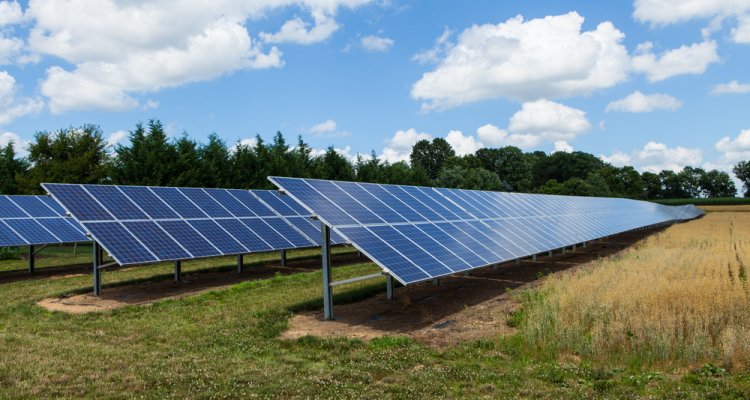
Project
Nature-inclusive energy transition
The energy transition does not only revolutionize the organisation of our energy supply, but the decentralization of facilities also offers great chances for the improvement of biodiversity and achieving of nature goals. But where do the main knowledge gaps lie, and how can those be addressed? How can existing and new knowledge contribute to the nature-inclusive design of wind and solar systems, that promote biodiversity as much as possible? Which tools or instruments can be developed to support this process?
Two techniques currently play a major role in the energy transition: the development of wind parks on land and at sea, and the development of solar fields on land. In 2018 this project started to address knowledge gaps related to wind farms, since then also the valuable contribution to solar fields was explored, regarding the knowledge on spatial quality and the living environment.
Publicaties
-
Verkenning van bodem en vegetatie in 25 zonneparken in Nederland : Eerste overzicht van de ligging van zonneparken in Nederland en stand van de kennis over het effect van zonneparken op de bodemkwaliteit
Wageningen: Wageningen Environmental Research (Rapport / Wageningen Environmental Research 3061) -
Are offshore wind farms in the Netherlands a potential threat for coastal populations of noctule?
Lutra (2023), Volume: 66, Issue: 1 - ISSN 0024-7634 - p. 39-53. -
Nature positive transitions: 4-years of societal impact
Wageningen: Wageningen University & Research